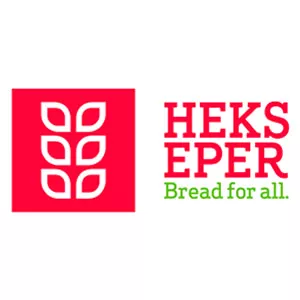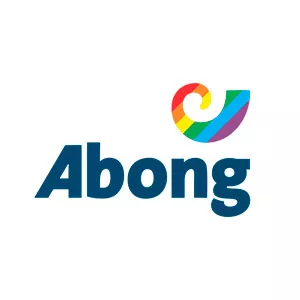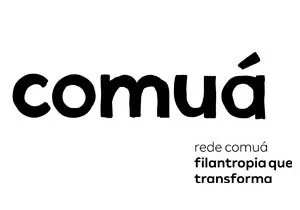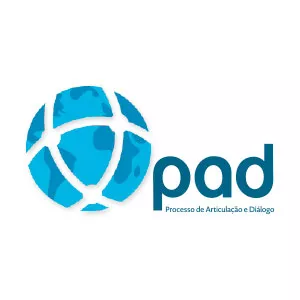CESE shares Brazilian experiences in international webinar about resource mobilization
13 de October de 2025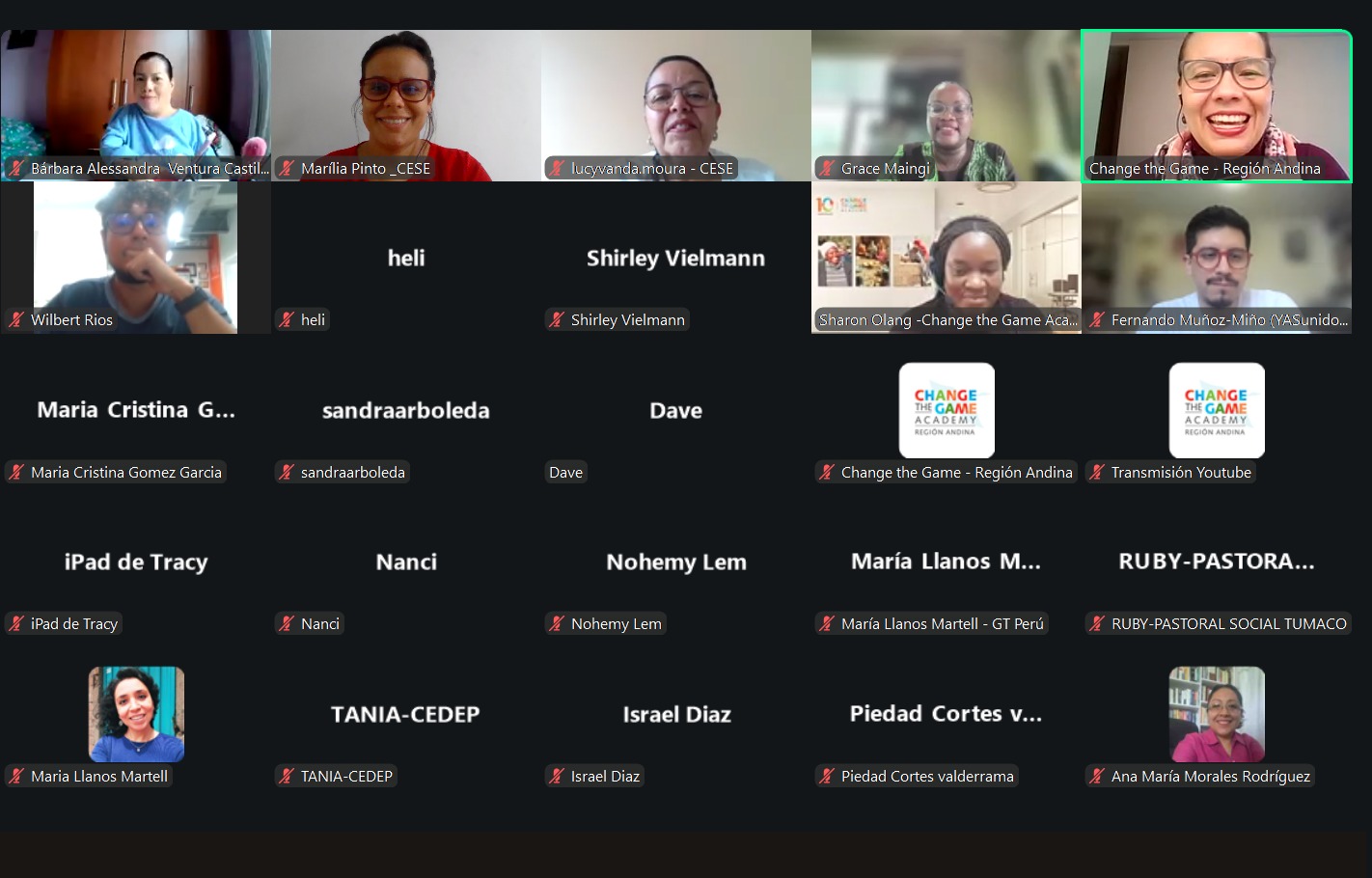
On 12 September, the Andean Region of the Change the Game Academy (CtGA), in partnership with the PODION Corporation, hosted the webinar “A range of experiences in local resource mobilization: voices from the South”. The meeting was attended by representatives from Asia, Africa and Latin America to promote the exchange of practices and reflections about the sustainability of civil society organizations.
CESE was represented by Lucyvanda Moura, Projects and Training Advisor, CtGA Master Trainer and Coordinator in Brazil. She described the organization’s history in the field of resource mobilization, highlighting the road taken from dependence on international cooperation funds to the creation of local strategies that inspire other grassroots organizations today.
The experiences Lucyvanda presented included the Spring for Life campaign (in Portuguese), CESE’s Friends Network and the Music and Human Rights Show (in Portuguese), which weaves culture and solidarity to support social causes. She also described some experiences of the groups CESE has supported, from all of Brazil’s regions, which have mobilized resources through events, bazaars, the sale of products, digital campaigns and crowdfunding.
According to Lucyvanda, these initiatives demonstrate Brazilian grassroots organizations’ creativity and capacity for resistance:
“Mobilizing resources is not only about raising money. It’s about constructing relationships, engaging communities, strengthening identities and guaranteeing autonomy so that our organizations can continue to stand firm in the defence of rights.”
Indika Perera (Asia) and Grace Maingi (Africa) also shared practical experiences from their own contexts. At the end, Sharon Olang, CtGA Master Trainer, systematized the main learnings, emphasizing how the diversity of such experiences strengthens the construction of a common agenda for the Global South.
Closing the meeting, Natália Velasquez, representative from the CtGA’s Andean Region, noted: “This webinar has demonstrated that, despite regional differences, we share the common challenge of sustainability and the desire to innovate. This exchange between countries and continents underlines the fact that we are not alone on this path and that learning from each other is an essential part of the changes we want to enact.”
SEE WHAT THEY SAY ABOUT US
CESE was set up during the most violent year of the Military Dictatorship, when torture had been institutionalized, when arbitrary imprisonment, killings and the disappearance of political prisoners had intensified. The churches had the courage to come together and create an institution that could be a living witness of the Christian faith in the service of the Brazilian people. I’m so happy that CESE has reached its 50th anniversary, improving as it matures.
I am a macumba devotee, but I love being with partners whose thinking is different from ours and who respect our form of organization. CESE is one such partner: it helps to build bridges, which are so necessary to ensure that freedom, diversity, respect and solidarity can flow. These 50 years have involved a lot of struggles and the construction of a new world.
You have to praise CESE’s capacity to find answers so as to extend support to projects from traditional peoples and communities, from family farming, from women; its recognition of the multiple meanings of the right to land, to water and to territory; the importance of citizenship and democracy, including environmental racism and the right to identity in diversity in its discussion agenda, and its support for the struggles and assertion of the values of solidarity and difference.
Over these 50 years, we have received the gift of CESE’s presence in our communities. We are witness to how much companionship and solidarity it has invested in our territories. And this has been essential for us to carry on the struggle and defence of our people.
In the name of historical and structural racism, many people look at us, black women, and think that we aren’t competent, intelligent, committed or have no identity. Our experience with CESE is different. We are a diverse group of black women. We are in varied places and have varied stories! It’s important to know this and to believe in us. Thank you CESE, for believing in us. For seeing our plurality and investing in us.
When we hear talk of the struggles of the peoples of the waters, of the forests, of the semi-arid region, of the city peripheries and of the most varied organizations, we see and hear that CESE is there, at their side, without replacing the subjects of the struggle. Supporting, creating the conditions so that they can follow their own path. It is this spirit that we, at ASA, want you to maintain. We wish you long life in this work to support transformation.




